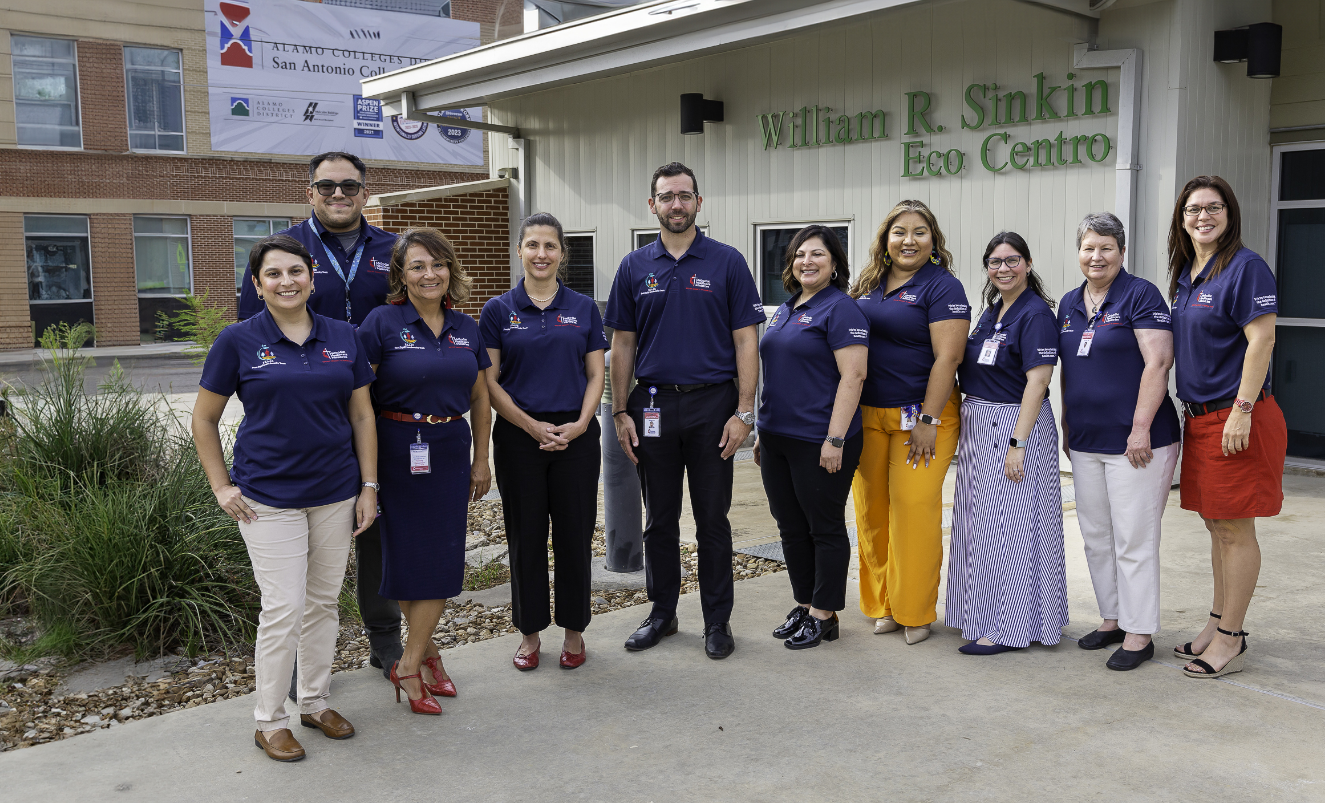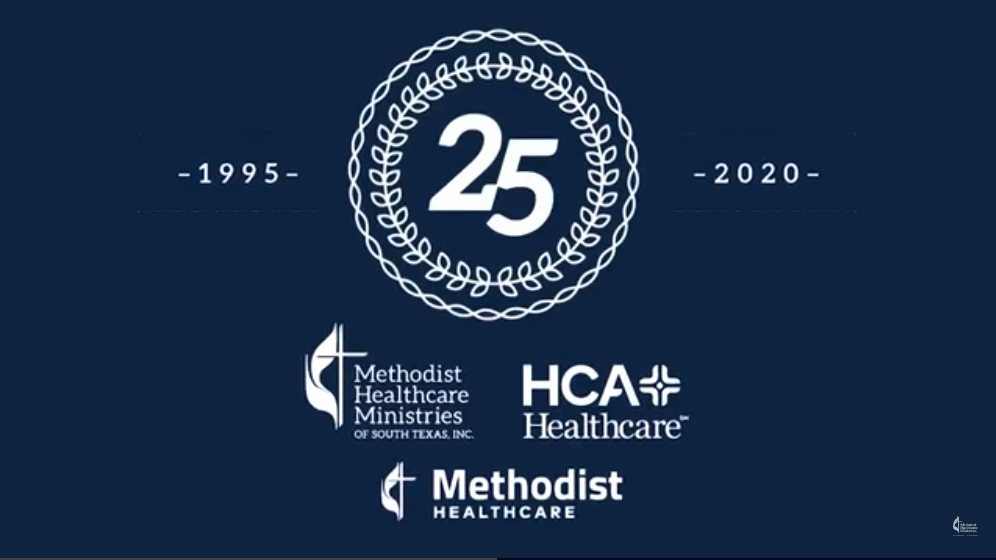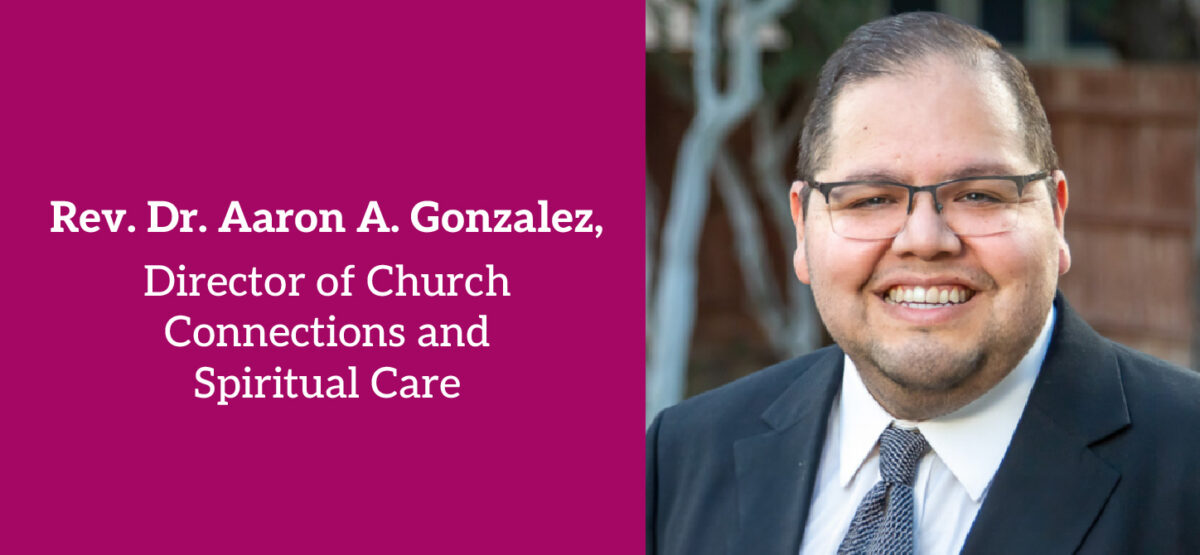Methodist Healthcare Ministries Of South Texas

San Antonio, TX – Methodist Healthcare Ministries of South Texas, Inc. (MHM) faces mounting pressure as community health access remains critically strained. The organization, a major provider of charitable healthcare, is under scrutiny to adapt to rapidly evolving needs across its service area.
This article examines MHM's current strategies, challenges, and future plans in addressing healthcare disparities within its 74-county service region, focusing on tangible actions and measurable impacts.
Addressing the Healthcare Crisis in South Texas
MHM operates as a non-profit organization stemming from a 50/50 co-ownership between Methodist Healthcare System and Methodist Healthcare Ministries. Its mission is to improve the health of the least served in South Texas. The organization funnels revenue generated from the hospital system back into community programs and services.
The service area encompasses a vast and diverse region, including major metropolitan areas like San Antonio and rural communities along the Texas-Mexico border. These areas often experience significant health disparities, driven by factors like poverty, lack of insurance, and limited access to care.
Financial Overview and Investment Strategy
According to their publicly available financial statements, MHM consistently invests significant resources into its programs. In fiscal year 2022, MHM allocated over $50 million to community health initiatives. These funds were distributed across various programs, including primary care clinics, behavioral health services, and preventative health education.
These investments are designed to address critical health needs within the community. These investments cover preventive care and chronic disease management.
Key Programs and Services
MHM operates several Wesley Nurse programs, employing specially trained registered nurses who serve as health educators and advocates within underserved communities. These nurses provide health screenings, education, and referrals to other healthcare services.
The organization also supports a network of primary care clinics that offer affordable or free healthcare services to low-income individuals and families. These clinics are strategically located in areas with the greatest need.
Furthermore, MHM has expanded its behavioral health services in recent years, recognizing the growing need for mental health support in the region. This includes providing counseling, therapy, and other mental health resources.
Challenges and Obstacles
Despite its significant efforts, MHM faces numerous challenges in addressing the healthcare crisis in South Texas. The vast size of the service area presents logistical difficulties in reaching all those in need.
A growing population of uninsured individuals also puts a strain on the organization's resources. Rising healthcare costs further exacerbate these challenges.
"We are constantly working to find innovative solutions to address these challenges," stated a representative from MHM. "Collaboration with other organizations is essential."
Collaborations and Partnerships
MHM actively seeks partnerships with other healthcare providers, community organizations, and government agencies to expand its reach and impact. These partnerships allow MHM to leverage the resources and expertise of other organizations to address complex health issues.
For example, MHM has partnered with local hospitals to provide discounted or free healthcare services to uninsured patients. They also collaborate with community-based organizations to offer health education and outreach programs.
Future Directions and Initiatives
MHM is currently developing new initiatives to further improve healthcare access and outcomes in South Texas. This includes expanding its telemedicine services to reach individuals in rural areas who may have difficulty accessing in-person care.
The organization is also investing in technology to improve data collection and analysis, allowing them to better track the impact of their programs. This data will inform future strategies and resource allocation.
Community Impact and Measurement
MHM closely monitors the impact of its programs and services through various metrics. These metrics include the number of patients served, improvements in health outcomes, and reductions in healthcare costs.
Data suggests that MHM's programs have positively impacted the health of thousands of individuals in South Texas. However, significant work remains to be done to address the persistent healthcare disparities in the region.
Conclusion: The Path Forward
Methodist Healthcare Ministries of South Texas, Inc. plays a crucial role in addressing the healthcare crisis in the region. As the healthcare landscape continues to evolve, MHM must adapt and innovate to meet the growing needs of the community.
Ongoing data analysis, collaborative partnerships, and a commitment to community engagement are essential to ensuring a healthier future for all South Texans. The organization is poised to release its updated strategic plan within the next quarter, detailing specific targets and initiatives for the next three years.
The community awaits these updates to see how MHM will continue its crucial work in the face of ongoing challenges.















